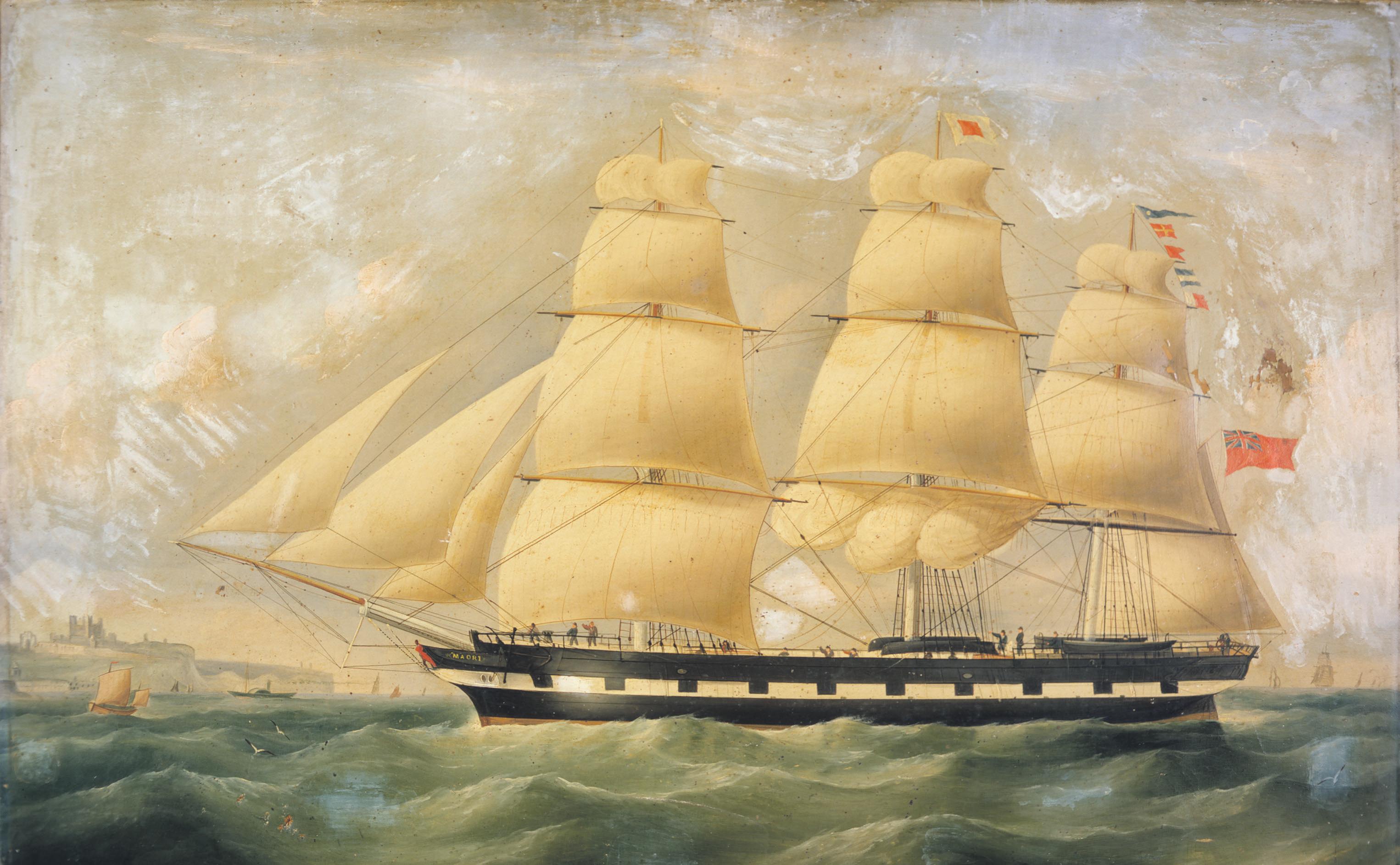
1 minute read
InsearchoftheshipMaori



Ralph Levinson





The English village of Mitcham is a few miles south of the ames River and almost due south of central London. In the 19th century, Mitcham was home to my maternal great-great grandparents, Henry and Amelia Pratt, and their four children. ese days the ancient village is part of London’s vast sprawl. e village green still exists as Mitcham Common; in Henry and Amelia’s day, non-landowning farmers grazed their stock here.
A brief snapshot of the day: the young Queen Victoria, still in her 30s, reigned over a period of increased British in uence abroad. But within Britain, the Industrial Revolution had unleashed colossal change. Rising population, rural unemployment, migration to the towns, overcrowded living and working conditions all placed great strain on workingclass England – 80 per cent of the population (to be considered middle class, you had to have at least one servant). For most, the times were not prosperous, poverty was a constant nagging presence, and every penny counted.
In search of new opportunities, many people emigrated by sea, largely to North America, Australia, New Zealand, and South Africa. is was the time of the great migration – the greatest wave of emigration in human history – when boats crisscrossed the oceans, carrying emigrants intent on a new start. Approximately 10 million people left Britain between 1815-1914. e family joined 154 other emigrants aboard the Maori for a voyage that featured 110 days of heaving, swaying, and surging through turbulent southwest gales, the loss of masts, the treacherous Cape of Good


My forebear Henry Pratt, is variously described in census records as a calico printer, confectioner, shawl printer, and shopkeeper. Henry, it seems, was adaptable. In 1858 he and his family secured an assisted passage to New Zealand on the 799-ton sailing ship, Maori. On the passenger list, Henry (44) is described as an agricultural worker – likely chosen as work that would support his assisted passage – and Amelia (48) as a dressmaker – possibly a more practical version of the census records that described her as a milliner. Henry and Amelia’s son, also called Henry (15), worked his passage as ship’s boy. eir daughters were Amelia (17), Mary (14), and Mercy (12).




